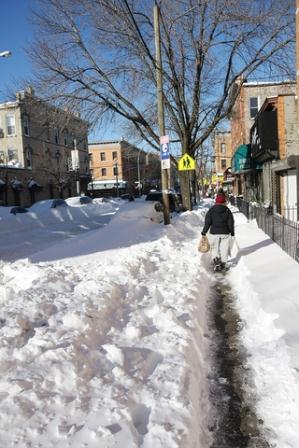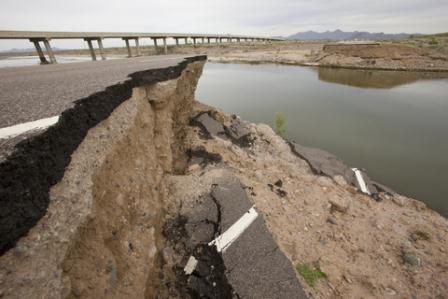Disaster Recovery Plan
Why every home should have a wood stove
Writing this in the aftermath of Hurricane Sandy (October 2012) has brought home to me just how dependent we are these days on the outside world. Right now the news headlines are still talking about homes cut off without power days after the storm passed, roads blocked by flooding and fallen trees and to top it all off there is snow falling hard!
While hurricanes like this are fortunately rare, big storms are not. Even here in the UK a cold spell and heavy snow falls can leave us trapped in our homes for days at a time. So here is my question to you...
What if?
What if the worst possible scenario happened? What if Sandy had hit your home? What if you were the ones without power, water or gas for days on end? What if 100,000 trees came down in a storm and you couldn't get out of your drive for a week?
If you can't see your way round those questions then you should put some serious thought into making a disaster recover plan. It doesn't need to be a serious formal thing, but think it through.
Heating
If you were cut off for days with no power or mains connections, how would you stay warm? This used to be the norm for our ancestors, with winter snows isolating them in their communities.
If you don't already have an effective backup then a simple wood stove is an excellent fall back. It doesn't need to be used day to day, but in emergencies or just extreme weather it could be a life saver.
Lighting
If the power goes for an extended period you will need to have some backup lighting. I vividly remember my parents fumbling around the house with a box of matches trying to find some candles in the back of a draw during a power cut.
Fortunately these days there are safe, more convenient and more reliable alternatives. My personal preference is to have a few LED headtorches in a draw with a pack of spare batteries. The battery life on these is amazing (200+ hours off two AA batteries!) and you can still use your hands to cook, and do other tasks. One for each member of the household is a good idea. I also use these Petzel torches when out camping and caving - they have never let me down yet, and when you are 400m below ground reliability is important!
Cooking+ boiling water
Back to our wood stoves again - did you realise that most stoves can also be used for cooking and boiling water? Simply get your fire going as normal and put your pot, with a lid, on the stove top.
Even just being able to boil water for drinking is an important backup to have. If your water supply gets cut off or contaminated being able to sterilise collected water by boiling it will keep you healthy.
Food
What is your contingency for if the roads are blocked for a week? Would you still be having proper meals a week from now, or do you need to beef up your supplies? Tins keep well, as do dried staples like pasta, rice and beans. It doesn't need to be exciting stuff, but you'll be grateful for that boring sack of rice if the worst does happen.
What about your community?
You may have this in place, but what state are your neighbours in? Not everyone has a stove, and the elderly or disabled are particularly vulnerable. Could you invite others to stay until the worst has passed?
I hope this has at least stimulated some thought... if you have more to add then get in touch...
All the best,
Mike


